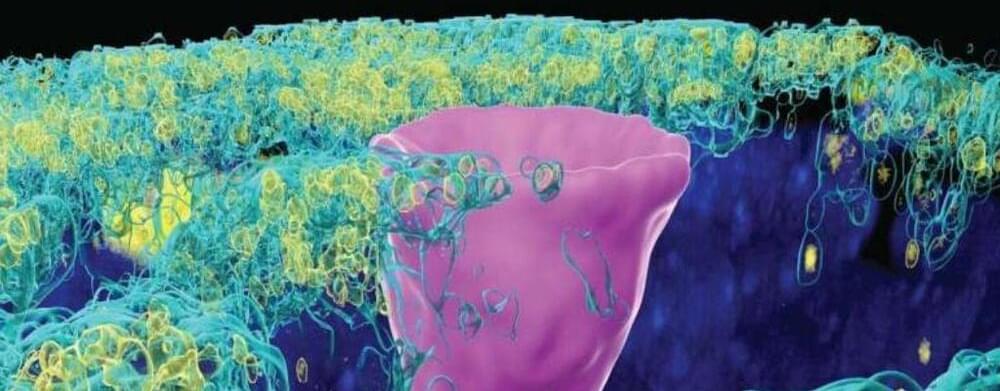A type of cell once only thought to exist in the gills of freshwater fish and the skin of frogs, but recently found in humans lungs, has given scientists new insight into the underlying cause of cystic fibrosis (CF).
CF is a progressive, genetic disease that impacts the lungs and other organs, sometimes causing severe symptoms that can be life-threatening.
The disease is marked by the absence or mutation of a protein in the lungs called the cystic fibrosis transmembrane conductance regulator (CFTR).










Comments are closed.